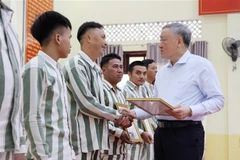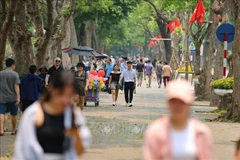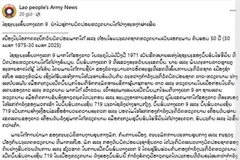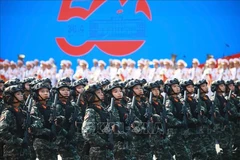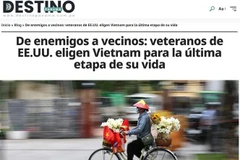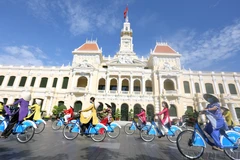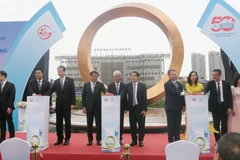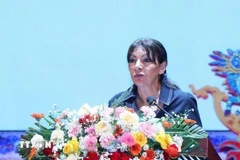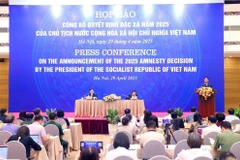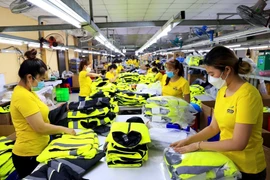At a December 8 conference in Hanoi on ways of pushing a nationalstrategy on gender equality for the period 2011-2020 on December 8,Mitchell emphasised the importance of maintaining the achievementsalready made in gender equality, especially as Vietnam is becoming amiddle-income country.
She also highlighted thenation’s first-ever national strategy on gender equality. However, shesaid that the selection of national priorities to ensure the budget willendanger the investment made in women and gender equality.
Gender equality is not only an important development target but also apremise to achieving other development goals and creates the rightdynamic for strong socio-economic development, she said.
Nguyen The Trung, the Deputy Director of the Party Central Committee’sCommission for Mass Mobilisation, said that Vietnamese women’s role andposition in society has been lifted after 10 years of carrying out thenational strategy for the advancement of women during the 2001-2010period.
The gender gap in society has been narrowed,said Trung, adding that women are now involved in every field,especially in leading roles and political management.
Vietnam always has a female Vice President and women make up 25.76percent of the country’s NA deputies in the 2007-2011 term, the highestrate among eight ASEAN parliaments, he stressed.
However, the conference pointed out the shortcomings in social lifewhich have hindered economic growth, social progress, equality andsustainable development.
The Minister of Labour, WarInvalids and Social Affairs, Nguyen Kim Ngan, said that the draft of thenational strategy on gender equality for the 2011-2020 has beenpresented to the Government. The strategy aims to ensure equalopportunities and benefits for both men and women in political, economicand socio-cultural fields, she said.
The strategyalso aims to the raise the rate of women deputies in the NationalAssembly (NA) and People’s Councils to over 30 percent during the2011-2015 period and over 35 percent in the following five years.
It also targets providing vocational training for half of rural womenworkers and create new jobs for at least 40 percent of workers of eachgender.
She proposed that the 11 th National PartyCongress set out clear directions for implementing gender equalitytargets in the future. The Party, as well as Government agencies need tofacilitate human and financial resources to ensure gender equality, sheadded./.


